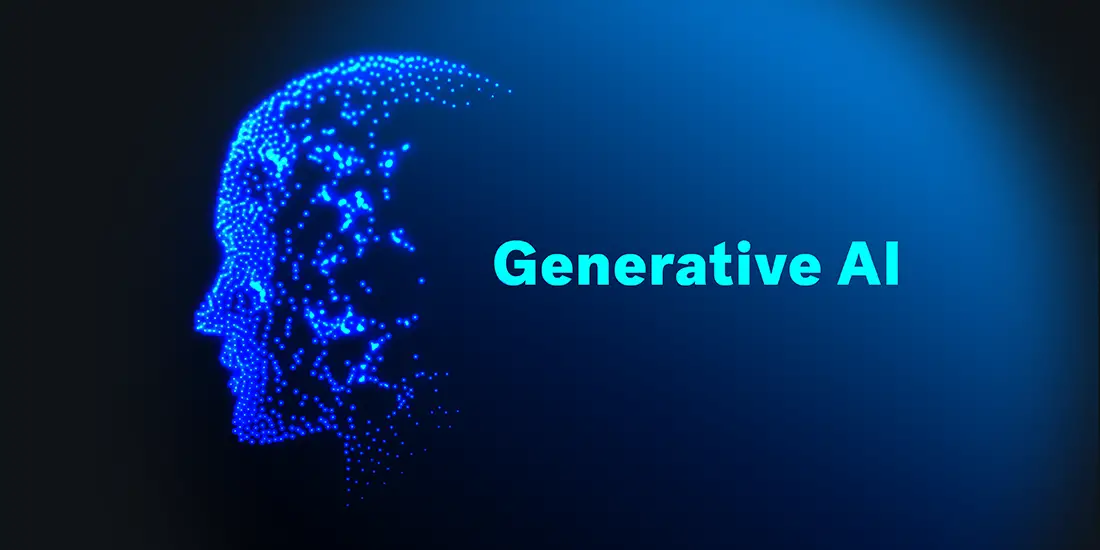With many SaaS players having created compelling use cases for generative AI in India, APAC News Network explores government support, funding situation and socio-economic challenges in adoption
Rajneesh De, Consulting Editor, APAC News Network
The advent of OpenAI’s ChatGPT has literally opened up a new horizon in today’s tech-driven world and India has been no exception to this trend. The number of Indian GenAI-based SaaS startups has more than doubled since 2021. There are around 60 Generative-AI startups in India as of Q2 2023 up from around 18 in 2021.
Gradually, the Indian numbers in Generative AI are starting to get counted in the global perspective, both in sheer numbers as well as in funding and investments. Worldwide there is an explosion in the number of Gen AI-native SaaS companies and a surge in investment capital, with over $12 billion funneled into 60+ emerging domains in FY23 alone. The Indian players, on the other hand, raised $590 million in funding as of May 2023. While globally there are 259 generative AI startups, India has around 20 pure-play generative AI startups.
Indian companies embracing Generative AI
Some of the pure-play Gen AI SaaS startups from India include the likes of Composio, Workhack, and Rapidclaims while the IT services giants like TCS, Infosys, Wipro and HCL Tech too have jumped into the bandwagon. Again this reflects the global trend where generative AI has attracted software giants like SAP, Salesforce, and IBM to explore this space.
The services sector stands to benefit the most from the impact of generative AI and the Indian IT services giants are already recognizing it. Infosys, for example, is already working on several generative AI projects to address specific aspects of clients’ businesses. TCS, on the other hand, is exploring cross-vertical solutions to automate code generation, content creation, copywriting, and marketing among others.
While the IT service giants are already reaping the benefits, the Indian SaaS companies stand poised to embrace this wave of Generative AI most by building AI-powered products which can leverage the depth of domain and functional expertise available in India. From creating new AI capabilities to integrating ChatGPT into customer-centric operations, India’s top SaaS players are investing and exploring Gen AI to attract investors and eventually bring down their customer acquisition costs.
Cloud-based software services company Freshworks plans significant investments to integrate generative AI into its operations. Another SaaS giant Zoho has launched 13 generative AI application extensions and integrations, powered by ChatGPT. The e-commerce giants too are not lying behind. Flipkart uses ML to refine customer shopping experiences, while Razorpay utilizes AI to combat payment fraud. Vedantu has integrated AI into its live classes, making them more accessible and affordable.
Generative AI benefits for India
It is these Saas companies in India who stand to gain the maximum from a successful generative AI revolution in the country. The numbers support this conjecture. The India-centric SaaS ecosystem could achieve $50-70 billion of revenue and $0.5 to $1 trillion of enterprise value creation aspirations by 2030. This would be up from around $2.6 billion in 2020, and around $7 billion in 2022. The projected 2025 estimates will be around $15-20 million. Much of this is expected to be driven by generative AI.
There are around 3,500 SaaS players in India, with 19 unicorns and around 80 with more than $10 million ARR (Annual Recurring Revenue. Despite macro-economic pressure, most of them are witnessing healthy growth, thanks in no small measures to generative AI. Around 40% of their revenues are coming from the mid-market and SMBs only and that is significant. Once the large enterprises too increase their extent of adoption, the numbers are expected to automatically go up.
Hotspots of activity and consequent use cases around Gen AI are emerging in India, particularly in horizontal applications space like marketing automation, sales and customer support, audio-video design tools, and productivity tools. Early-stage SaaS companies in heavily disrupted areas are getting encouraged to pivot and remodel their businesses around Gen AI. Larger players are looking to adopt a dual approach: integrating Gen AI into their existing operations while simultaneously building new AI-centered businesses.
The younger SaaS startups are stepping into the generative AI bandwagon with even more gutso. A startup like Gan enables businesses to repurpose videos at scale. TrueFoundry assists in building ChatGPT with proprietary data. Cube facilitates AI-powered customer support on social media. MachineHack has launched a generative AI tool that offers data analysis on the go while Rephrase.ai offers a video and animation creation solution that utilizes advanced AI for visual dubbing.
Read More – https://apacnewsnetwork.com/2023/09/generative-ai-india-ready-for-the-plunge/





